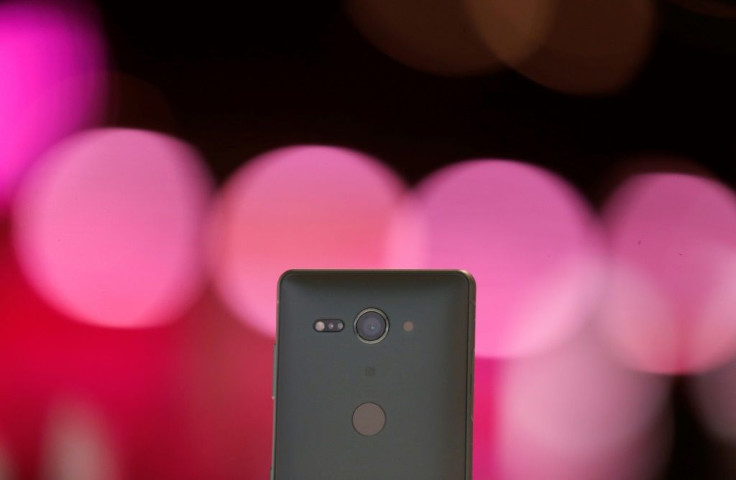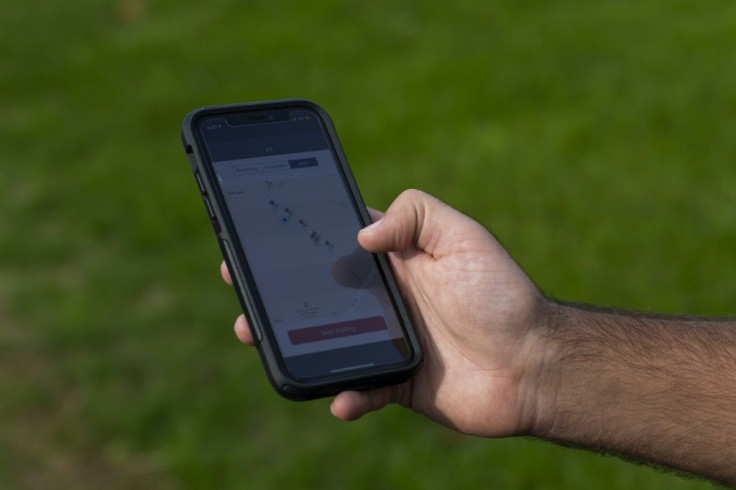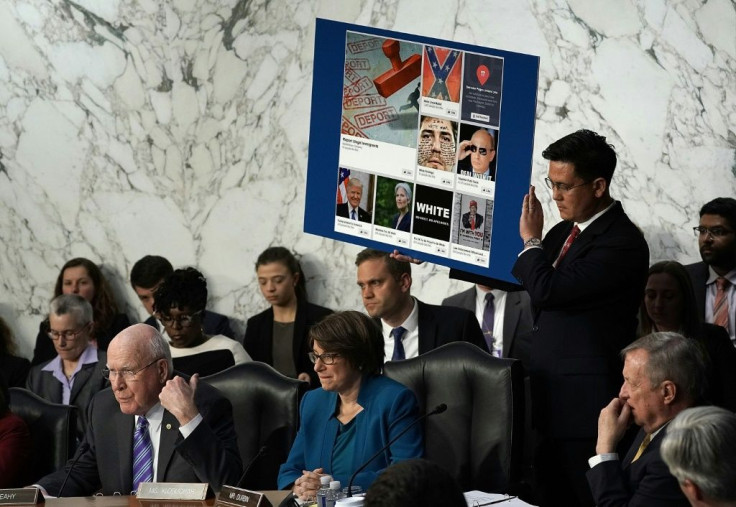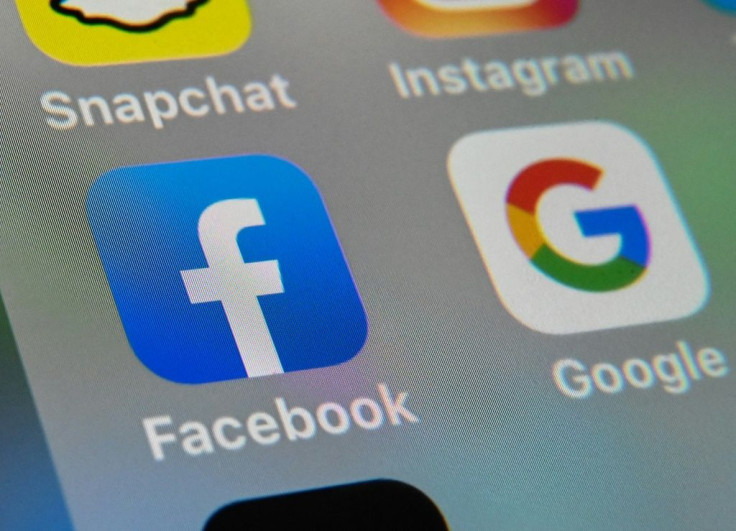Campaigns Sidestep Cambridge Analytica Crackdown With New Methods
"Your early vote has not been recorded," one text message said, with a link for more information.
Other messages tell voters they are not registered, or offer unverified information about a political opponent.
Fraudulent messages like these are drawing attention as political campaigns ramp up data collection and voter targeting using their own technology to circumvent restrictions imposed by social media platforms following the Cambridge Analytica scandal.
Facebook barred apps which scraped data on users and their contacts after revelations about the now-defunct British consulting group. But in response, President Donald Trump's campaign and some activist groups are using their own methods.

"What we are seeing is almost more potent than in 2016," said Samuel Woolley, a University of Texas professor who leads propaganda research at the school's Center for Media Engagement
Woolley's team, which examined messages such as the above-referenced ones, found that the Trump mobile app, and to a lesser extent those of Democrat Joe Biden and other political activist groups, scoop up data to create profiles to craft personalized, targeted messages by SMS, email or social media.
Some apps collect data not only on the user, but his or her contacts, and track location and other activities such as shopping or church attendance.
Campaigns can combine that with third-party information from data brokers or public records to finetune messages to specific individuals or groups.

"In 2016 there was more reliance on Facebook, and other social platforms, but now the campaigns have taken the collection of data into their own hands," said Woolley, who called the Trump app a "surveillance tool."
Dozens of unsolicited texts, many with pro-Trump messages, surprised Thomas, a 32-year-old software program manager in Boston.
One read: "Looting. Rioting. Burning Cities. These are the realities of a Biden America."

"My reaction to these was initially confusion," said Thomas, who did not want his full name revealed.
"I do not make a habit of signing up for conservative-leaning political entities."
Many message recipients have never downloaded a political app or signed up for notifications, according to researchers.
"It is voter suppression if people are getting messages actively sowing confusion," said Jacob Gursky, a researcher with Woolley's team.

"You don't need consent to send these messages," he said, noting that some campaigns "can mass-send anonymous text messages."
Some messages are effectively campaign ads, but without the disclosure required by social media platforms and other media.
The FBI has launched a "protected voices" project investigating potential criminal violations in such messages.
"Intentionally deceiving qualified voters to prevent them from voting is voter suppression -- and it is a federal crime," the FBI said in a September statement.
Neither the Trump nor Biden campaigns responded to requests on their data protection or privacy policies.
Bridget Barrett, a researcher at the University of North Carolina's Center for Information, Technology, and Public Life, said changes made by Google to limit political ad targeting and Facebook's tightening of its rules for outside apps may limit the kinds of nefarious conduct seen in 2016.
"We are not allowing Russia to buy political ads in the US using rubles, so we are doing better," Barrett said.
But Facebook still allows advertisers, commercial and political, to match lists of people to gain more insights for targeted ads, she said.
"We don't have any overarching data privacy rules, so there is a sense that whatever data they can gather no matter how deceptively, it's still fair game in our legal system," she noted.
"The entire digital ecosystem is concerning from a privacy standpoint in terms of people having any ownership of their data or having a right to be informed about how their data is used."
"Microtargeting," or delivering narrowly focused messages to specific individuals or groups, raised concerns in the 2016 elections but is a longstanding practice "and is not going away anytime soon," said Costas Panagopoulos, chair of political science at Northeastern University.
Panagopoulos noted that campaigns have "massive amounts of information" on voters which they can gather themselves or purchase, making it easy to spread misinformation or dissuade people form voting.
"We know the purpose of some of these messages is to disenfranchise voters," he said.
"But at the end of the day voters have an obligation and responsibility to find out for themselves what they need to do to make their vote count and not succumb to the kinds of misinformation aimed at suppressing or discouraging voters."
© Copyright AFP {{Year}}. All rights reserved.





















